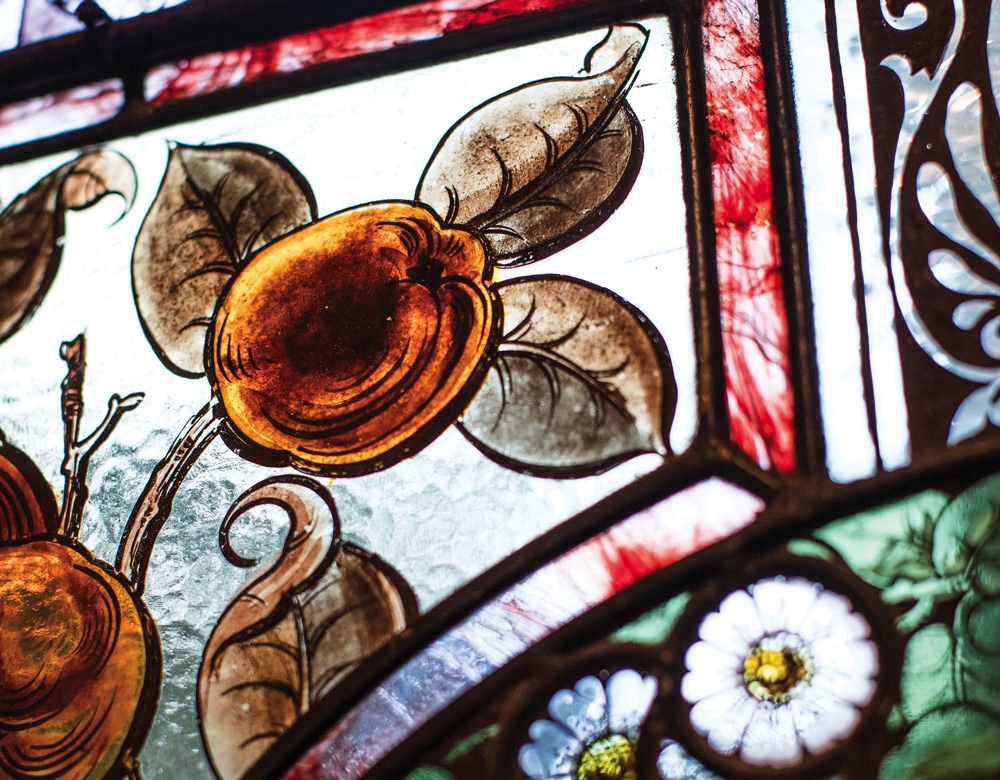
Faith & Heritage
St Columba’s College’s educational approach is underpinned by the practices and beliefs of the Catholic Church. Our students engage in Religious Education lessons, prayer, liturgies and mass.
Faith
We endeavour to develop faith-filled young women who walk the path of Jesus Christ, and whose lives are shaped by the teachings of the Catholic Church, Mary Aikenhead and the The Religious Sisters of Charity. We encourage our students to embrace their faith identity, deepen their relationship with Jesus, be empowered to be faithful disciples and celebrate the Catholic Church, well beyond the College walls.
St Columba’s College is open to the employment and enrolment of staff and students from differing religions and faiths. We ask all members of the St Columba’s community to be supportive of the philosophy and practices of Catholic education.
Heritage
One of the oldest schools in Melbourne, the rich heritage of St Columba’s College reflects an unwavering commitment to educating strong, purposeful and passionate young women, ready to make a meaningful contribution in a rapidly changing world.
Founded in 1897 by Mother Ursula Bruton, a Sister of Charity, the College takes its name from the Irish saint and scholar, Saint Columba. Characterised by generosity, vision and initiative, the Sisters of Charity were the first congregation of religious women in Australia and their vibrant, courageous spirit remains, and is continued through the education provided at the College.
Students at St Columba’s College are encouraged to find inspiration in the College’s rich history. Mary Aikenhead founded the Sisters of Charity in 1815 and led by example. Taking to the streets of Ireland to serve the poor, the Sisters drew on ingenuity and resourcefulness to address the social challenges of their era.
This was an innovative and courageous approach, testing the boundaries of what was expected of religious women. It is these firm values of generosity, creative problem solving and ‘breaking the mould’ that travelled with the Sisters of Charity to Melbourne, and which are evident today in both the culture and community at St Columba’s College.
Located on its original site in Essendon, St Columba’s College offers a broad and liberal education characterised by a culture of empowerment, resilience, determination and strong academic achievement. Supported to thrive and succeed, today’s St Columba’s student draws on the traditions of the Sisters to find solutions to the challenges of contemporary life while fulfilling her own individual potential.
Sisters of charity
The Religious Sisters of Charity is a religious order founded by Mary Aikenhead in Ireland, 1815. The order was established to help the poor, sick and forgotten, with the Sisters running an orphanage, making pastoral visits to the prisons, establishing a school and hospital.
In 1838, Mary Aikenhead sent five Sisters from Ireland to help the female convicts sent to Australia. They would be the first religious women in Australia, and upon their arrival in 1839, the Sisters wasted no time in making a difference.
In Sydney, the Sisters’ main concern was the care of the poor, visiting government hospitals, orphanages, schools and prisons. During this time, the Sisters were met with hostility, however, their good work brought them support and new Sisters to their order.
In 1847, three Sisters of Charity — Sisters Xavier Williams, John Cahill, and de Sales O’Brien — left Sydney for Tasmania at the invitation of Bishop Willson, who offered them the opportunity to continue their mission in an area that sorely needed them. Meanwhile, Sister Baptist de Lacy remained in Sydney, later playing a pivotal role in the foundation of St Vincent’s Hospital.
During this time, money was raised to buy a convent for the Sisters, giving them a permanent home and place where they could coordinate the establishment of hospitals and schools around the country.
Since then, the Sisters of Charity have continued to help the poor, in the broadest sense of the term, in addition to helping those who are afflicted with sickness, poverty, mental illness, addiction, and prejudice; continuing the traditions and values of the original Religious Sisters of Charity and Mary Aikenhead.